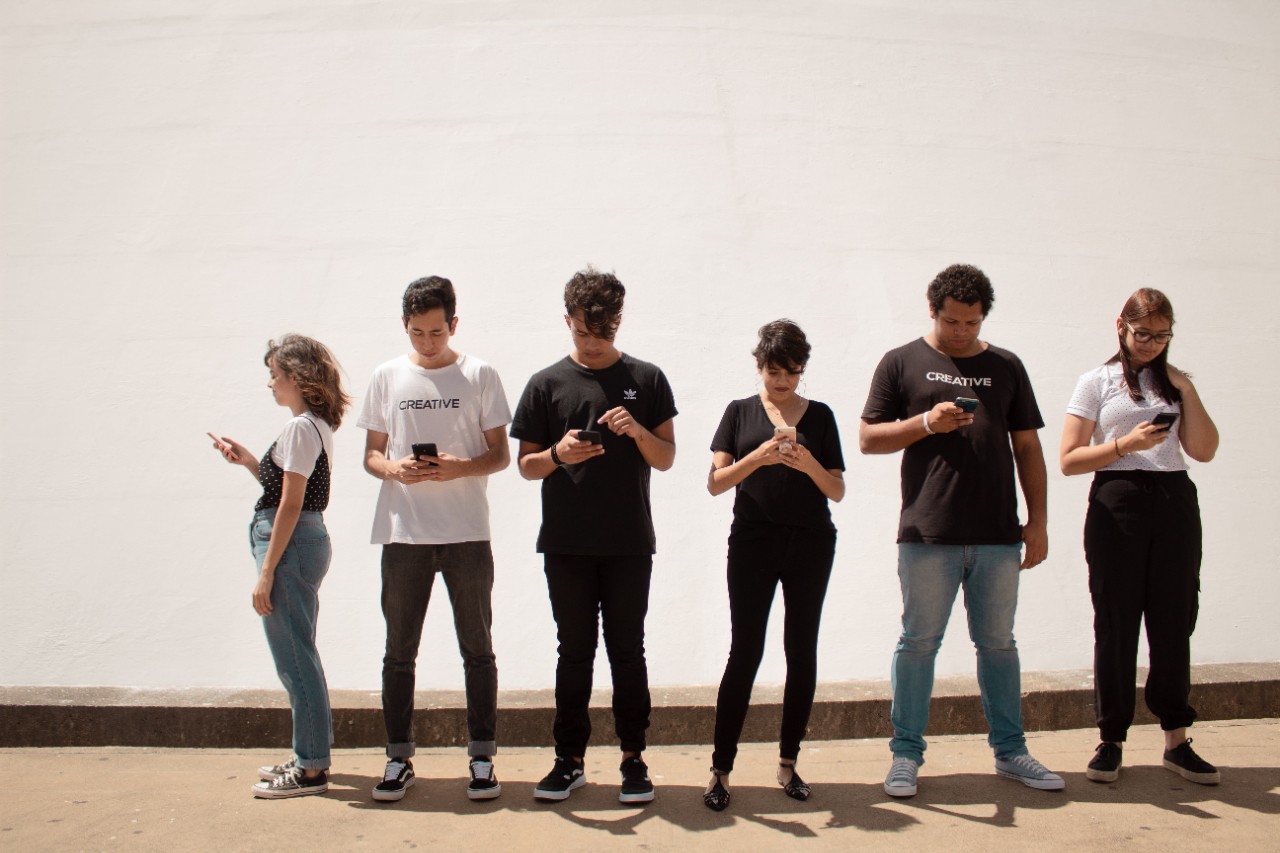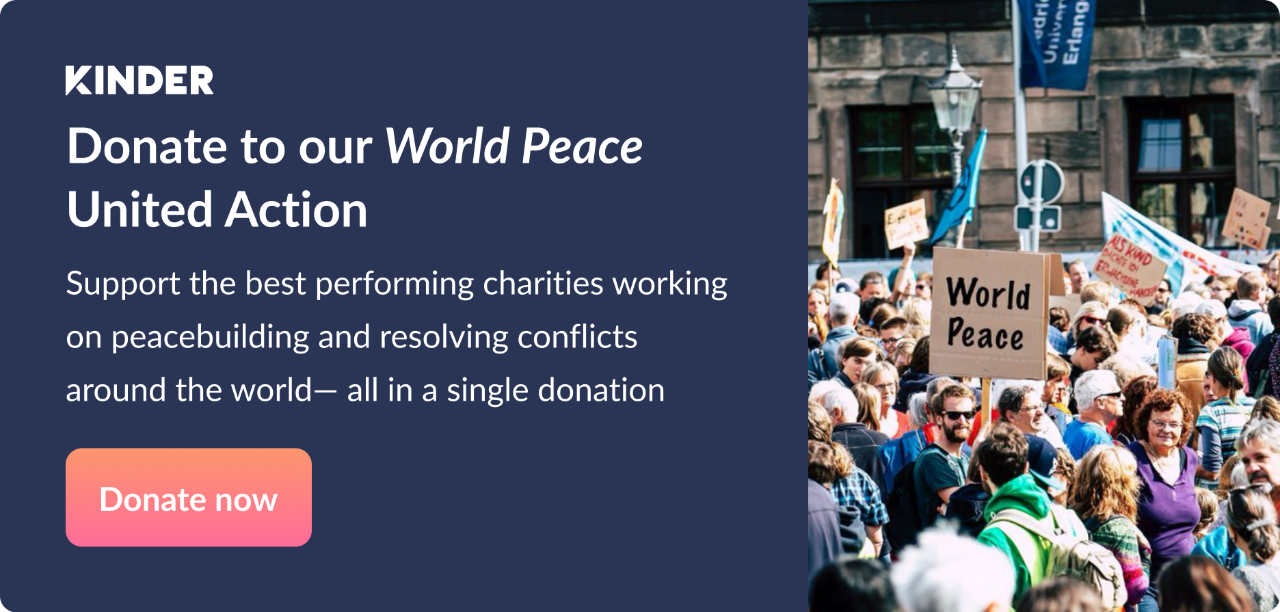Most social media websites are full of toxic behavior. Wikipedia spinoff WT.Social is taking a different path. Drawing from the remarkably well-moderated and generally pleasant behaviour on Wikipedia, their ‘non-toxic social network’ was born. Could their experimental approach to combating baseless views and brainless discussions be just the thing we need?
What exactly does the new model promise?
The platform has new rules, all very different from what we’ve come to accept from other sites.
-
Advertisers will have no power over the network — meaning your experience won’t be dictated by and for advertisers. No more seeing dentist adverts when you were just talking to your friends about your wisdom tooth trauma.
-
Your data isn’t collected and sold— meaning your information is safe from nosy third parties.
-
You have the ability to directly edit misleading content, giving power to the community to correct misinformation.
-
Bad actors are not only removed from the website, they are kept out.
-
You have the power to decide what you see, as opposed to algorithms.
All of this culminates into one final promise: you will actually enjoy spending time on social media.

Unbeknownst to many of us, platforms use manipulative techniques— and even promote addiction. In 2020, Forbes reported that “social media platforms are designed to be as addictive as possible” with “the average 16-24 year old” spending “three and a half hours every day looking at low-quality content such as clickbait articles or scrolling without purpose” — something which I’m sure many of you recognise after the leaked report from Facebook finding Instagram is bad for teens.
Simple things like the blue colours of the two most popular social media platforms actually serve a more sinister purpose; not only is blue used to invoke feelings of trust, the colour blue also combats sleep more than any other colour.
What are the problems with online behaviour?
If you’ve ever used social media, it is quite likely that you’ve seen problematic behaviour. According to the Office for National Statistics, around 1 in 5 children aged 10-15 have experienced online bullying in England and Wales.
To add to this, harmful information is rife. A study by MIT concluded that fake news on Twitter is circulated far more rapidly than real news, “by a substantial margin”; suggesting fake news is “70% more likely to be retweeted than true stories are”.
We all suffer at the hands of social media platforms; because our “personal” data is ruthlessly exploited. In 2021, pCloud found that Facebook and Instagram share your personal data the most for their own benefit.
Harmful online behaviour comes at us from all angles: we are susceptible to attacks from individuals, to misinformation spread by the masses, and even to exploitation from the very social media platforms we absentmindedly “trust” to keep our personal information safe.

What are the effects of negative online behaviour?
The spreading of misinformation can and does have serious effects on all of us. Most recently, personal data was used to target people with fake political information in the build ups to the U.S. election— and the Brexit referendum. Current UK Prime Minister, Boris Johnson, was revealed to have had long-standing connections with Sir Lynton Crosby’s “CTF'' firm.
In 2019, The Guardian revealed how a “loophole in Facebook’s political campaigning transparency tool” allowed this CTF firm to spread political propaganda without it’s victims knowing its connection with CTF — or its funders. Amidst the vastly important Brexit referendum, this allowed misinformation to spread, perhaps greatly influencing the UK’s decision to leave the EU.
Bad behaviour online doesn’t only impact our socio-political lives, it also has serious implications for our mental health. In 2018, according to The Pew Research Center, out of the 25% of teens that reported a negative view on social media, 27% of them report that this is due to things such as bullying and rumour spreading.
In 2018, the BBC published an article discussing the implications of social media in causing depression and anxiety, citing research from the Royal Society for Public Health that found clear links between bad behaviour online and mental health issues.
Does WT.Social work?
Despite being in a state of infancy, WT.Social has attracted a lot of positive reviews. In 2019, Forbes noted several success factors it already has:
Firstly, the platform is free! Not only does this make the site accessible, it also helps to keep companies away from your personal data and your overall experience. Executive Director of the Wikimedia Foundation, Katherine Maher, attributes Wikipedia's success to it’s non-profit nature— because decisions are made for the sites’ benefit, rather than for profit.
Secondly, the website is driven by content and conversation. It’s built to supply you with consistent updates on the things that interest you. Not only does this make the platform an interesting place to be, it also keeps the community at the helm.
Whilst it’s older sibling, Wikipedia, is still subjected to trolling and misinformation, both sites generally avoid bad behaviour because of their more earnest users — which seem to make up the majority. For WT.Social, this is the result of their policy of removing and banning bad actors. The site aims to ‘foster an environment where those who do wrong are eliminated because it is the right thing to do, not because it suddenly affects [their] bottom line".

Thirdly, WT.Social has great content. It’s moderation policies seem not only fair, but effective. In my short time on the platform, I am yet to witness any sort of bad behaviour — or even mild animosity — amongst people in debate.
To add to this, the “evidence-based platform for journalism” doesn’t seem to compromise it’s values — even when keeping some sources anonymous. The platform states that it respects this need “for confidentiality of sources but is equally aware some sources may hide behind anonymity for nefarious reasons”.
It claims that it will remedy this problem “on a case by case basis”. On a larger scale, WT.Social might struggle to uphold these investigative processes. But as the user base grows, so too could WT.Social’s investigative team.
The bottom line
Whilst WT.Social is unlikely to spark a revolution amongst other social media platforms, it does tackle many issues on its own. Whether editing and reporting misinformation, or removing malignant users; their approach feels like a breath of fresh air.
An approach underlined by a genuine interest in its users’ experience. Other platforms should follow in their footsteps — as there are so many problems with social media. Too many. And that’s down to too little focus on people.
Whilst I think it is unrealistic for us to expect any dramatic changes amongst social media titans, I do think this model marks an important step in the increased diversity of platforms available.
My advice to you is this: make choices that benefit you. Mindful platforms like WTSocial offer us an escape from the trials and tribulations of social media, because they are backed by research and real-life observations. Perhaps we should take it. If you are sick and tired of bad experiences then maybe it’s time to ditch Facebook. It might not change the world, but it could change yours.





